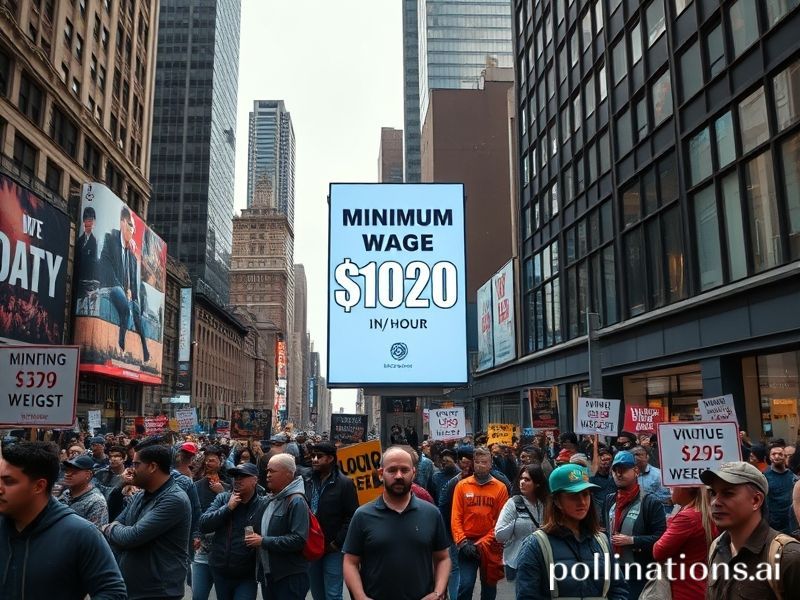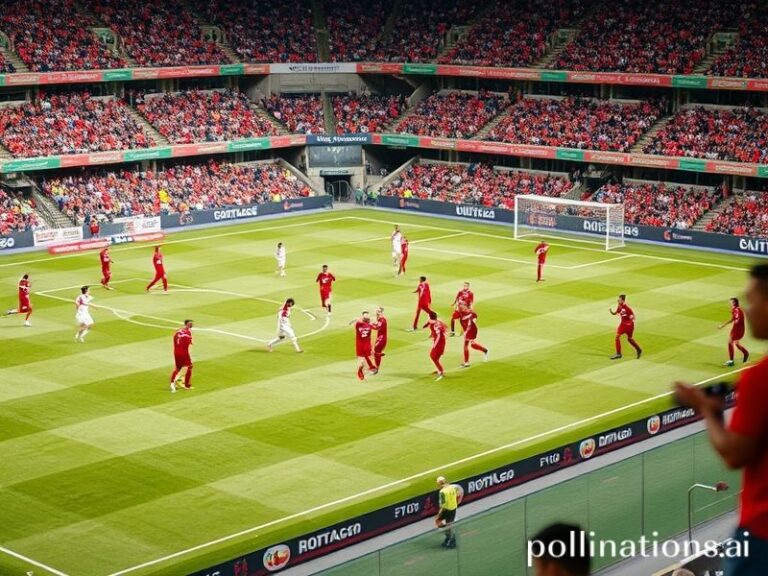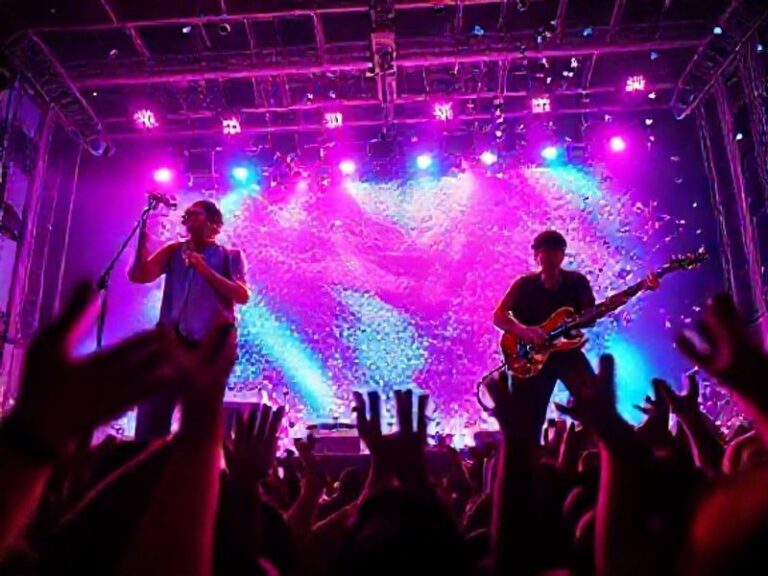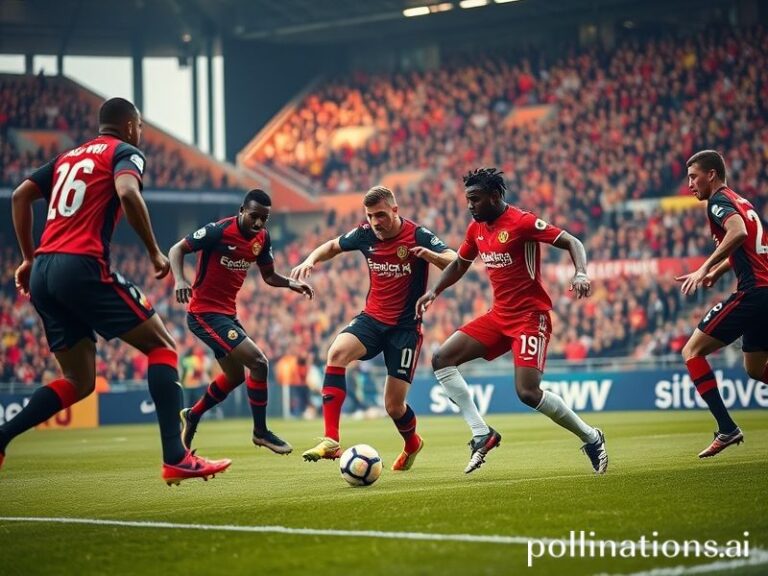2025 Minimum Wage: The Global Fight for a Living Wage in the Digital Age
# **2025 Minimum Wage: The Global Fight for a Living Wage in the Digital Age**
In a world where memes get paid more than some people, it’s no surprise that the topic of minimum wage is trending globally. As we inch closer to 2025, the conversation around fair wages has become louder, more urgent, and—thanks to the internet—more viral than ever. From TikTok rants to Twitter debates, people are demanding better pay, and the world is listening. But why is this topic suddenly everywhere, and what does it mean for the future of work?
### **The Cultural Context: From Memes to Movements**
The internet has a way of turning serious issues into viral moments, and minimum wage is no exception. Memes about “starving artists” and “barista life” have become cultural shorthand for the struggle of low-wage workers. But behind the humor lies a real issue: many people are working full-time jobs and still can’t afford basic necessities. The rise of gig economy platforms like Uber and DoorDash has also highlighted the precarious nature of work in the digital age, where workers are often classified as “independent contractors” rather than employees, denying them benefits and fair wages.
Social media has amplified these struggles, turning personal stories into collective outrage. Hashtags like #FightFor15 and #LivingWage have become rallying cries, while influencers and celebrities have used their platforms to advocate for better pay. The cultural shift is clear: people are no longer willing to accept that “it’s just the way things are.” They’re demanding change, and 2025 is shaping up to be a pivotal year in that fight.
### **The Social Impact: Beyond the Paycheck**
Minimum wage isn’t just about numbers on a paycheck—it’s about dignity, stability, and the ability to live a decent life. In many countries, the cost of living has skyrocketed while wages have stagnated. Rent, groceries, and healthcare are becoming increasingly unaffordable, forcing workers to choose between paying bills and putting food on the table. The pandemic only exacerbated these issues, with many low-wage workers deemed “essential” yet still struggling to make ends meet.
The social impact of a fair minimum wage extends beyond individual workers. When people earn enough to live, they spend more, boosting local economies. They’re also less likely to rely on government assistance, reducing the burden on public services. A fair wage can also reduce income inequality, which has been linked to a host of social problems, from crime to poor health outcomes. In short, raising the minimum wage isn’t just about helping workers—it’s about creating a healthier, more equitable society.
### **Why 2025 Matters**
So why is 2025 such a big deal? For starters, many countries are set to review and potentially raise their minimum wages in the coming years. The U.S., for example, is facing pressure to increase the federal minimum wage, which has been stuck at $7.25 since 2009. Meanwhile, other countries like the UK and Germany have already taken steps to raise wages, setting a precedent for global change.
Additionally, the rise of automation and AI is raising questions about the future of work. As machines take over more jobs, there’s a growing concern that low-wage workers will be the first to go. This makes the fight for fair wages even more urgent—if workers are going to compete with robots, they deserve a fair shot at a living wage.
### **The Bottom Line**
The minimum wage debate isn’t just about money—it’s about the kind of society we want to live in. Do we accept a world where hard work doesn’t guarantee a decent life, or do we fight for a future where everyone can thrive? As we head into 2025, the answer to that question will shape the global economy, the future of work, and the lives of millions of people. And if the internet has anything to say about it, the fight for fair wages is just getting started.







